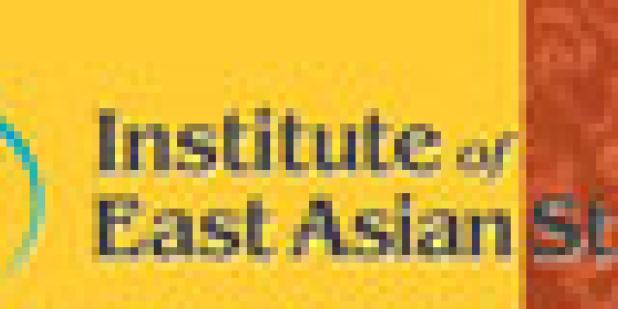Happy Lunar New Year from the USC US-China Institute!
Feminism, Family, and Confucianism in Asian America
UC Berkeley's Institute of East Asian Studies presents a panel discussion on Confucian feminist activism.
Where

Confucius and Women’s Rights: Chinese Americans, Feminism, and Power in Early 20th Century San Francisco
Prof. Lisa Mar, University of Maryland
By examining Confucian feminist activism and the reasons for its erasures from historical memory, this paper challenges common conceptions of Confucian “tradition” in scholarship about East Asian Americans. Particularly, it traces an early 20th century group of Chinese American feminists in San Francisco who promoted a Confucian movement for women’s rights in the United States, China, and North America. These feminist politics, however, took place within an often fraught environment of gendered and unequal race relations with the mainstream society. Consequently, Chinese Americans’ internal conversations about Confucian ways of life often sharply differed from more simplistic accounts given in English to outsiders. The story of Chinese American Confucian feminist Yuk Kwei Kwong contributes a new view of dynamic, diverse, influential Confucianisms and feminisms emerging into the Pacific World from San Francisco. During the early 20th century, Kwong published the first book which argued that Confucius would have supported feminism. Her ideas are still cited today in Chinese-language scholarship on Confucian thought, though Kwong herself is obscure within Chinese and American historical studies. Kwong’s popular democratic vision of Confucius drew from international feminist ideas, developments in China, and her community activism. In San Francisco, Kwong was a Chinese newspaper editor, an advocate for Chinese Americans from her ancestral county of Taishan in Guangdong, China, and a proponent of American cultural pluralism. Celebrated as one of Taishan’s most accomplished female scholars, Ms. Kwong garnered support across a global Taishan migrant community which encompassed China, the United States, and Canada. Her backers reveal that feminist issues sometimes strongly resonated among Chinese American men as well as women. Kwong won support from some predominantly male Chinese American organizations, including political parties, district associations, and secret societies. Kwong’s involvement with these organizations challenges usual scholarly assumptions about Chinese Americans’ supposed “Confucian” tendency towards conservative, patriarchal, and authoritarian practices. These supporters helped launch Kwong’s career as an unconventional female Confucian scholar activist, although their involvement in some ways also limited her influence. Kwong’s feminist Confucianism aspired to be universal, while emerging from an intensely parochial and mostly male political base.
Family Sacrifices: Chinese American Neo-Confucianism
Russell Jeung, San Francisco State University
This paper explores the worldviews and moral frameworks of non-religious Chinese Americans, with a particular focus on Confucian values. Through in-depth interviews of 20 Chinese Americans, this research explores the decline of Chinese popular religious practice among the 2nd generation and the rise of a secular worldview among them. At the same time, they do not discard all of the practices and values of Chinese popular religion. Rather, they selectively maintain Confucian values of filial piety, reciprocity, and mutual responsibility which provide them ultimate meaning. Through the discourse and rituals of family sacrifice, they construct identities and a sense of belonging that function much like religion. However, I argue that these Chinese Americans are not very Confucian in philosophy, but more simply Confucian in very narrow domains.
Featured Articles
We note the passing of many prominent individuals who played some role in U.S.-China affairs, whether in politics, economics or in helping people in one place understand the other.
Events
Ying Zhu looks at new developments for Chinese and global streaming services.
David Zweig examines China's talent recruitment efforts, particularly towards those scientists and engineers who left China for further study. U.S. universities, labs and companies have long brought in talent from China. Are such people still welcome?






